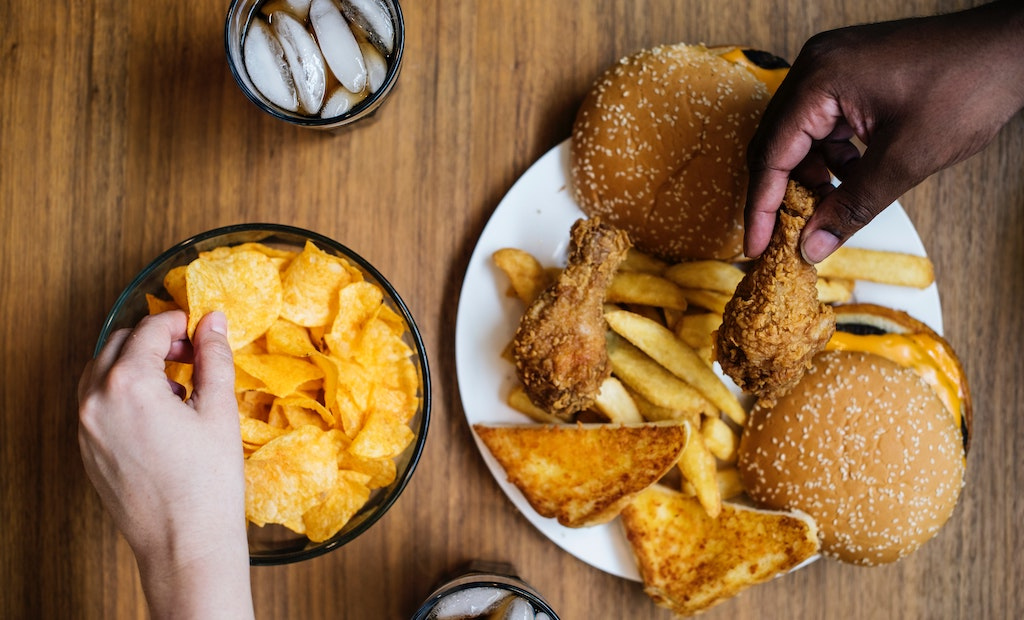Salt intake linked to stomach cancer risk

Too much salt kills people. The World Cancer Research Fund (WCRF) have added to the data that supports this, by releasing figures that link eating too much salt to stomach cancer. They say that 14% of cases could be avoided by reducing salt intake.
A salt-rich diet causes high blood pressure, which is a primary trigger for strokes and heart disease and is also linked to osteoporosis and kidney disease.
Six grams a day (about a level teaspoon) is the maximum recommended daily intake for anyone aged 11 or older, though this limit is more pragmatic than perfect. This is recognised by the Scientific and Advisory Committee on Nutrition, whose Salt and Health report says: “The target salt intake set for adults and children is considered to be an achievable goal for the UK population rather than an optimal or ideal level of consumption.”
Current figures suggest that the average UK salt intake has dropped to 8.6g. But, given that the 6g limit was elevated from 4g, and that it was supposed be realised by 2010, the UK salt problem is clearly not being relieved fast enough.
The WCRF want a standardised traffic-light system that would flag up high levels of salt, fat and sugar on food and drink packaging. With this system, red would indicate a high percentage of a daily allowance, amber would highlight medium and green low.
Kate Mendoza, the head of health at the charity, says that stomach cancer is especially dangerous because it is only commonly recognised in the later stages. She says: “This places even greater emphasis on making lifestyle choices to prevent the disease occurring in the first place – such as cutting down on salt intake and eating more fruit and vegetable.”
The WCRF say we get most of our salt (75%) from processed foods, this is confused by manufacturers who list salt as sodium, which has to be multiplied by 2.5 to establish the salt content.
The WCRF highlighted baked beans, ready meals, breakfast cereals and breads as having some of the highest salt contents. They suggest checking food labels, limiting salty snacks and cooking with fresh produce from scratch. They also recommend gradually cutting down the salt used during cooking and at the table, and replacing it with spices, herbs, garlic and pepper instead.
Jane Evans
























Facebook
Twitter
Instagram
YouTube
RSS